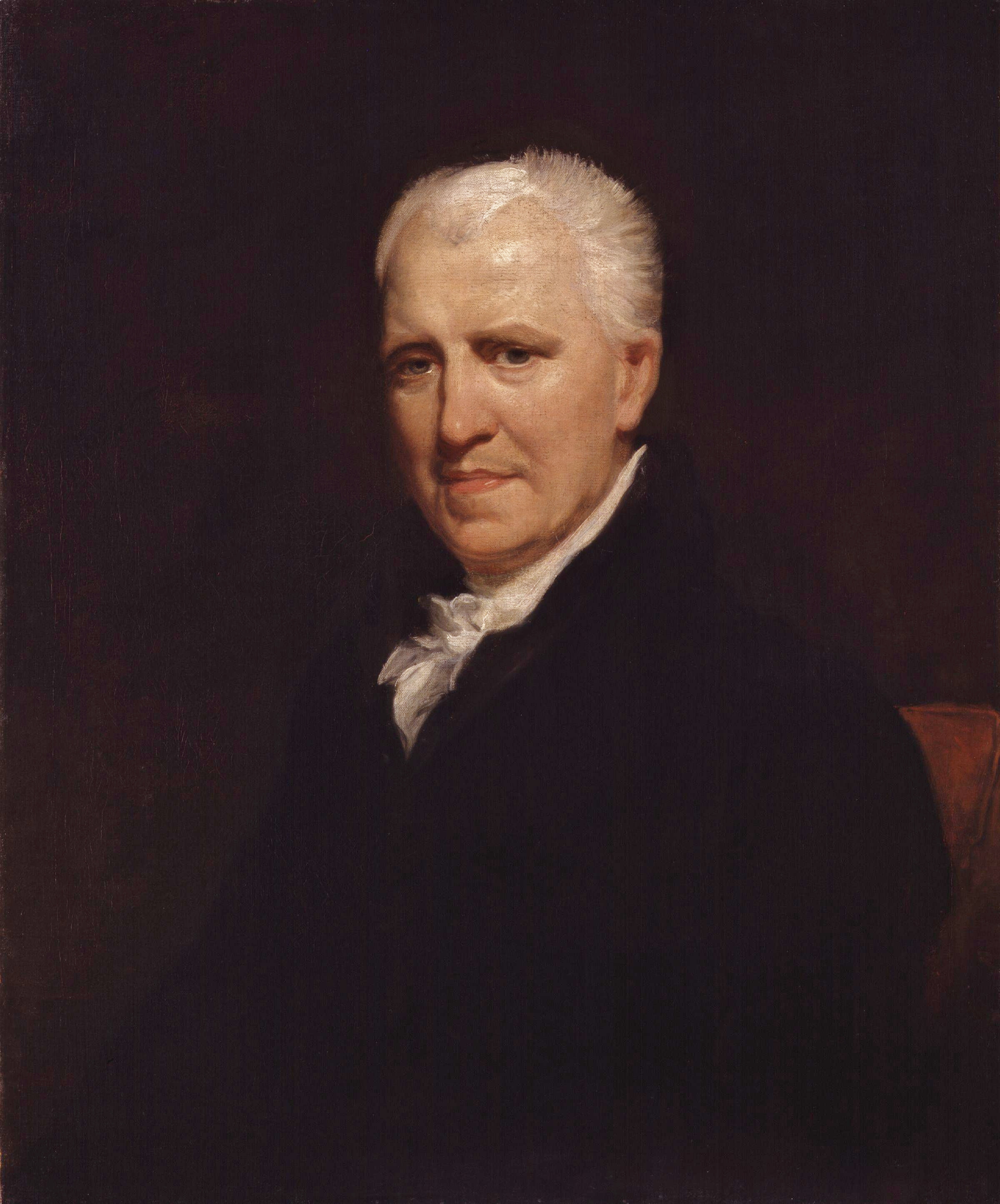“Habit with him was all the test of truth,
It must be right: I’ve done it from my youth.”
The Borough (1810), Letter iii, "The Vicar", line 138.
